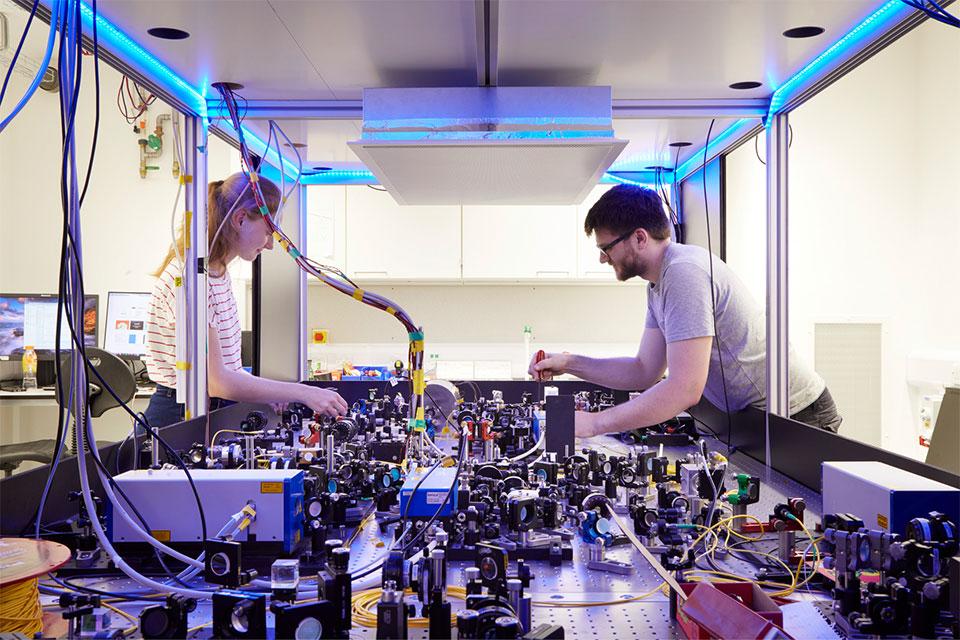Beecroft Building
Robert Paddock (DPhil 3rd year student)
Abstract
Capsules containing wetted-foam layers (a low-density CH foam, saturated with liquid deuterium-tritium) are of major interest for inertial fusion energy applications. The convergence ratio (or degree of compression) of such implosions can be controlled via the initial temperature of the wetted foam layer, making it possible to achieve low convergence ratio implosions where instability growth is minimised. Such implosions have been demonstrated previously on the NIF. In this talk, I will first discuss the results of a large-scale simulation campaign to explore a low-instability parameter space achieved through the use of these capsules in a direct-drive configuration, how this could be paired with promising new technologies (such as ArF lasers or auxiliary heating) to achieve high gain and ‘hydrodynamic equivalent’ capsules which could enable this regime to be tested experimentally on current facilities. Secondly, I will discuss a recent VULCAN experiment to measure the principle hugoniot of TMPTA plastic foam relevant to these hydrodynamic equivalent capsules (and to IFE more broadly). VISAR was used to measure the shock velocity of both the foam and a quartz reference layer, while streaked optical pyrometry was used to measure the temperature of the shocked material. Preliminary results suggest that, for the 20 – 120 GPa pressure range accessed, this material can be well described using the equation of state of the homogeneous medium at the foam density

